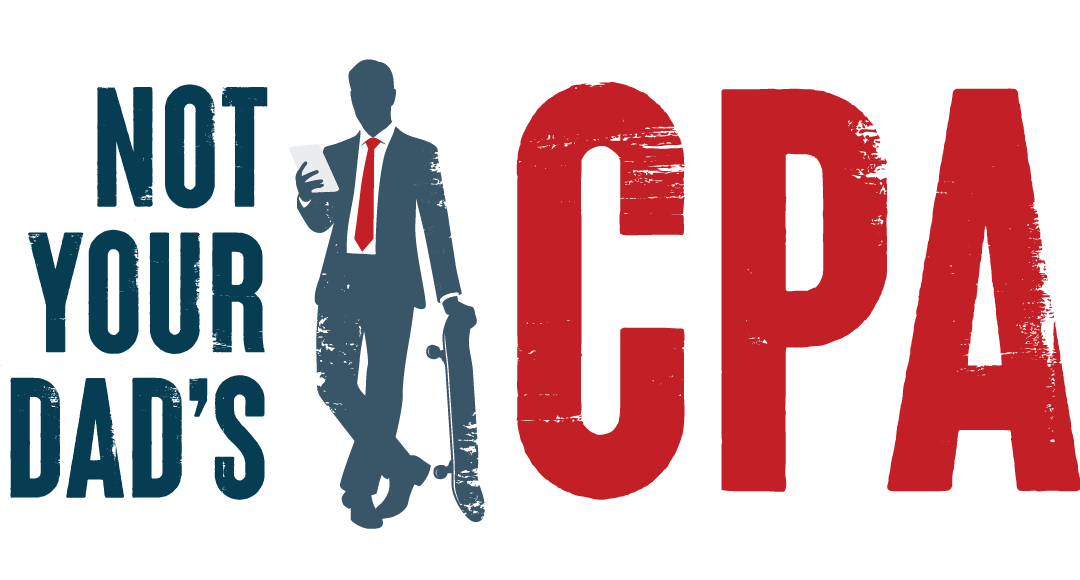As an online reseller or self-employed individual, you’ve probably heard about estimated tax payments, but does that apply to you?
A quick story: one summer during college, I made about $10,000 as a door-to-door salesman in California. I thought I had a great summer until tax season rolled around. I was hit with a $1,500 self-employment tax bill, plus late penalties. That’s when I learned the hard way about estimated taxes.
Let’s break it down and make sure you’re not caught off guard like I once had been. Watch the full Youtube video below:
What Are Estimated Taxes?
If you’re self-employed, the IRS typically wants you to send in your taxes throughout the year, not just at the end when you file. These are called estimated taxes, and they’re designed to help you avoid a huge tax bill (and penalties) when tax season arrives.
Do You Need to Pay Estimated Taxes?
Not everyone who is self-employed needs to make estimated tax payments. Whether or not you do depends on how much you’ll owe. Here’s a simple rule: if you’re going to owe less than $1,000 in federal taxes at the end of the year, you aren’t required to make estimated payments. You can if you want, but the IRS won’t penalize you for not doing so. However, if you are going to owe more than $1,000, there are two important rules to keep in mind.
Key Rules to Know
- Relying on Last Year’s Tax Liability: If you’ve already paid enough taxes this year to cover 100% of last year’s tax liability, you won’t be penalized for skipping estimated tax payments. This often applies in the first year of business when you may still be working a W-2 job. If you had enough withheld from your W-2 paycheck to cover whatever your prior year tax liability was, you’re covered, even if you owe more this year due to new business income.
- Relying on This Year’s Tax Liability: Alternatively, you can avoid penalties by paying at least 90% of this year’s expected tax liability through estimated payments or tax withholding. The tricky part is estimating your current year’s tax liability with reasonable accuracy.
How to Estimate and Pay Your Taxes
When it comes to estimating and paying your taxes, it’s important to stay organized. You’ll need to track what you’ve paid throughout the year so that when you file your annual return, you can account for those payments. Be sure to print and save any confirmation screens after you make payments for documentation purposes.
Conclusion
With taxes, there are exceptions to almost every rule, so it’s a good idea to check in with a professional who understands your specific situation.
If you’re a reseller and want more in-depth help with taxes and business growth, join the waitlist for my Reseller Tax Academy course! You’ll get insider tips and strategies to manage your taxes with confidence. Don’t miss out—join today!


0 Comments